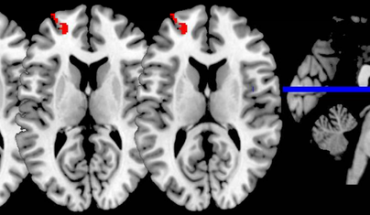Most parents are very diligent in taking their children to the doctor for checkups and vaccinations, but there are some health issues that they may not be aware of. Many times, these problems can be resolved if caught and treated early on. Here are three early health issues that you should not ignore in your young children.
Learning Disabilities
It’s estimated that up to 1 in 5 children in the U.S. have some form of a learning disability, making it one of the most common childhood developmental disorders. And yet, learning disabilities are often misunderstood, or even ignored, by parents and caregivers.
The sooner a learning disability is identified and addressed, the better the outcome for the child. Left untreated, learning disabilities can lead to academic difficulties, social isolation, and behavioral problems.
Problems With Their Teeth
Starting at around six months old, most babies will start to get their first teeth. For some children, this process is relatively straightforward. However, for others, teething can be a difficult and painful experience. In addition to causing discomfort, teething can also lead to other health problems, such as diarrhea and fever.
One early health issue that you shouldn’t ignore in young children is problems with their teeth. Jaw pain in young children can be a sign of orthodontic issues. If your child is experiencing jaw pain, it’s important to bring them to see an orthodontist or dentist as soon as possible. Ignoring these problems can lead to more serious dental issues down the road.
High Fever
When your child has a fever, it can be concerning. But did you know that a fever itself is not an illness? A fever is actually a symptom of an underlying condition, such as an infection. And while most fevers are nothing to worry about, there are some cases where a high fever in a young child can be a sign of a more serious health problem. If your child has a fever of 102 degrees Fahrenheit or higher, it is important to call your doctor. In addition, if your child is younger than three months old and has a fever of 100.4 degrees Fahrenheit or higher, you should also seek medical attention. If your child has any other symptoms along with the fever, such as vomiting or diarrhea, it is also important to call your doctor. While most fevers are harmless and will resolve on their own, it is important to pay attention to your child’s fever and seek medical attention if necessary. By doing so, you can ensure that your child remains healthy and happy.
Children, especially young children, are fragile. You have to be particularly aware of their health to keep them safe. Don’t ignore these three health issues and symptoms in your children to get them the medical care they need.
Did you enjoy reading this article? Here’s more to read: How to Cover the Costs of Your Family’s Dental Treatments




